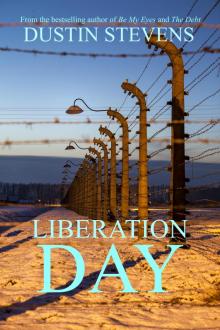 Liberation Day - A Thorn Byrd Novel
Liberation Day - A Thorn Byrd Novel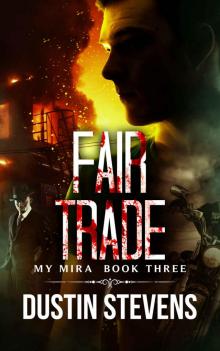 Fair Trade
Fair Trade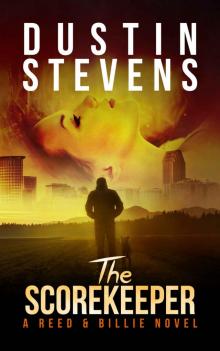 The Scorekeeper
The Scorekeeper Wild Fire: A Suspense Thriller (A Hawk Tate Novel Book 6)
Wild Fire: A Suspense Thriller (A Hawk Tate Novel Book 6)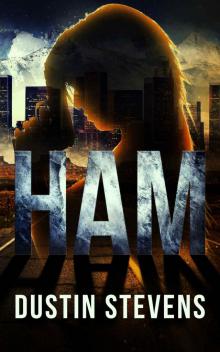 Ham
Ham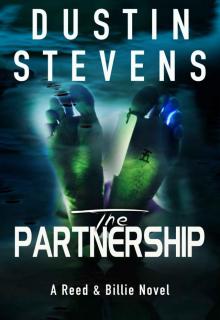 The Partnership
The Partnership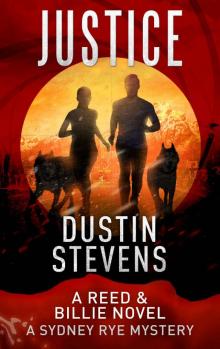 Justice
Justice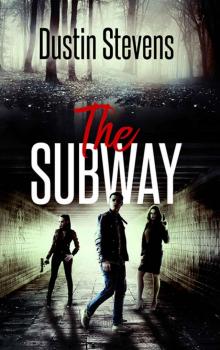 The Subway
The Subway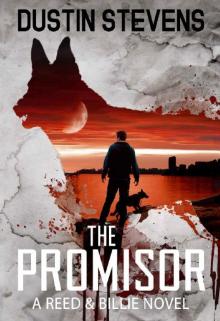 The Promisor: A Suspense Thriller
The Promisor: A Suspense Thriller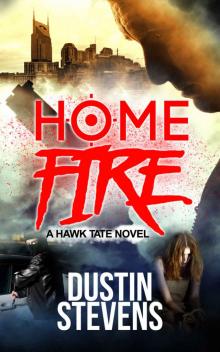 Home Fire: A Suspense Thriller (A Hawk Tate Novel Book 5)
Home Fire: A Suspense Thriller (A Hawk Tate Novel Book 5)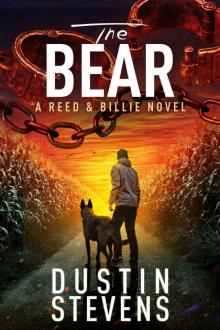 The Bear
The Bear Battle Cry
Battle Cry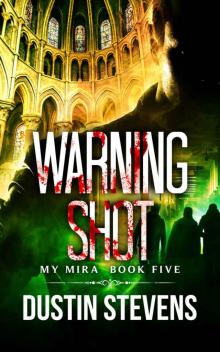 Warning Shot
Warning Shot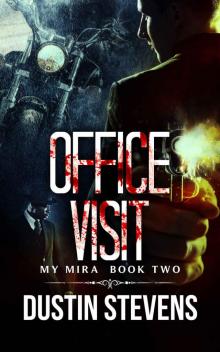 Office Visit
Office Visit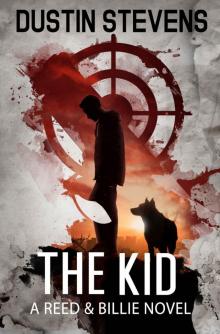 The Kid: A Suspense Thriller (A Reed & Billie Novel Book 3)
The Kid: A Suspense Thriller (A Reed & Billie Novel Book 3)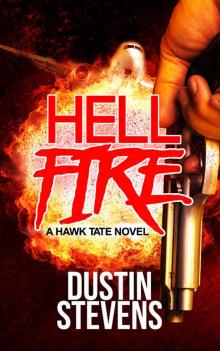 Hellfire: A Suspense Thriller (A Hawk Tate Novel Book 4)
Hellfire: A Suspense Thriller (A Hawk Tate Novel Book 4)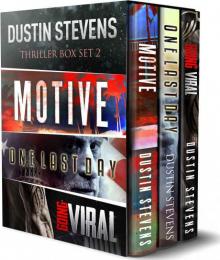 Motive ; One Last Day ; Going Viral
Motive ; One Last Day ; Going Viral The Subway ; The Debt ; Catastrophic
The Subway ; The Debt ; Catastrophic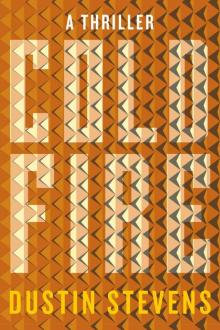 Cold Fire
Cold Fire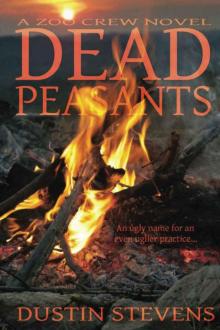 Dead Peasants (Zoo Crew series Book 2)
Dead Peasants (Zoo Crew series Book 2) Thriller Box Set One: The Subway-The Debt-Catastrophic
Thriller Box Set One: The Subway-The Debt-Catastrophic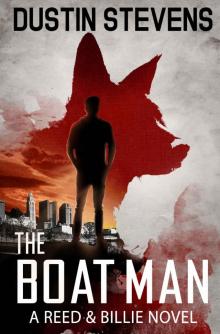 The Boat Man: A Suspense Thriller (A Reed & Billie Novel Book 1)
The Boat Man: A Suspense Thriller (A Reed & Billie Novel Book 1)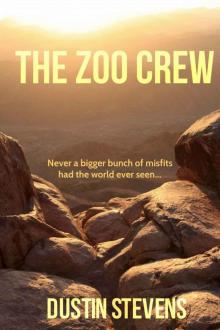 The Zoo Crew (Zoo Crew series Book 1)
The Zoo Crew (Zoo Crew series Book 1)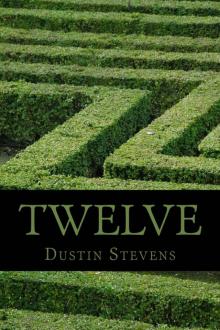 Twelve
Twelve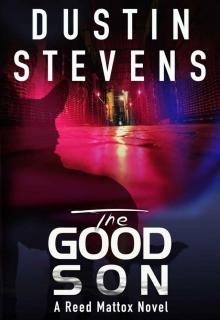 The Good Son: A Suspense Thriller (A Reed & Billie Novel Book 2)
The Good Son: A Suspense Thriller (A Reed & Billie Novel Book 2) The Boat Man: A Thriller (A Reed & Billie Novel Book 1)
The Boat Man: A Thriller (A Reed & Billie Novel Book 1)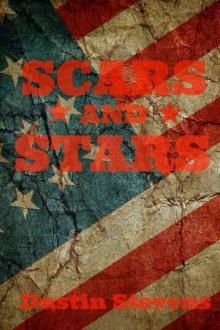 Scars and Stars
Scars and Stars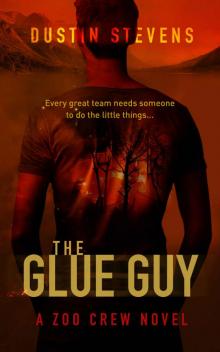 The Glue Guy: The Zoo Crew Series Book 4
The Glue Guy: The Zoo Crew Series Book 4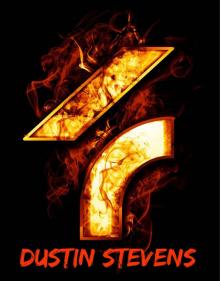 Four
Four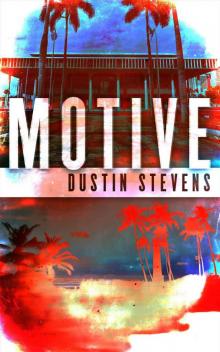 Motive
Motive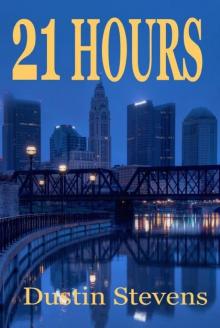 21 Hours
21 Hours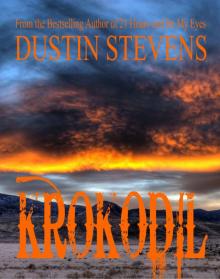 Krokodil
Krokodil Ohana
Ohana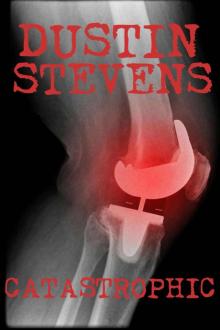 Catastrophic
Catastrophic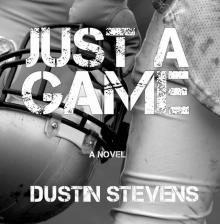 Just A Game
Just A Game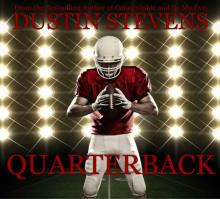 Quarterback
Quarterback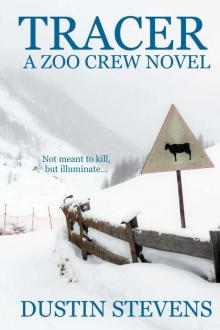 Tracer
Tracer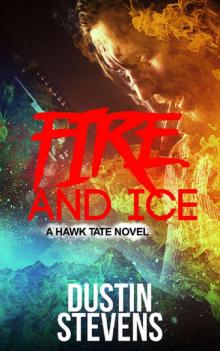 Fire and Ice: A Thriller (A Hawk Tate Novel Book 3)
Fire and Ice: A Thriller (A Hawk Tate Novel Book 3)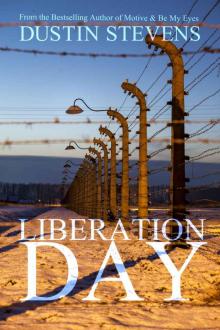 Liberation Day
Liberation Day